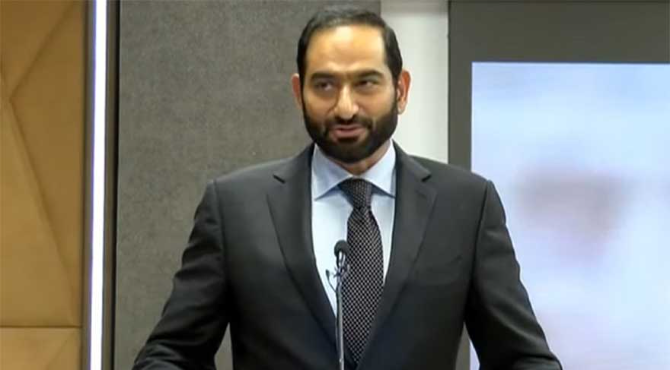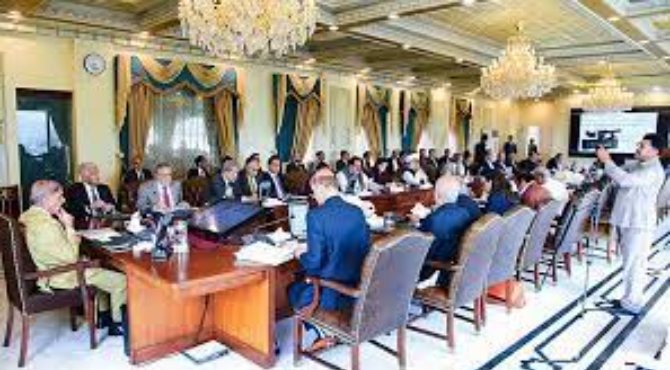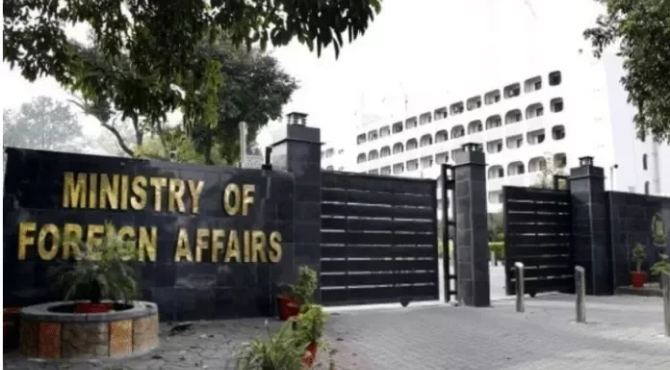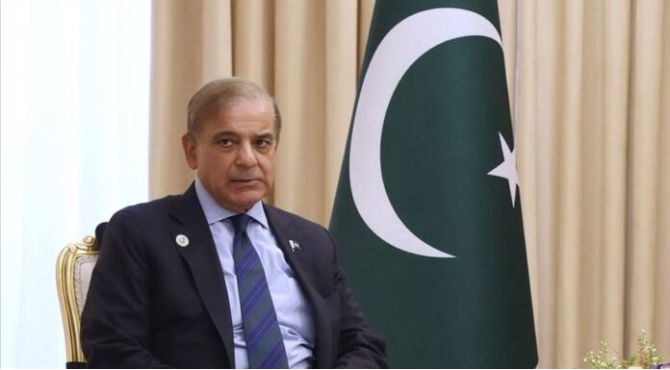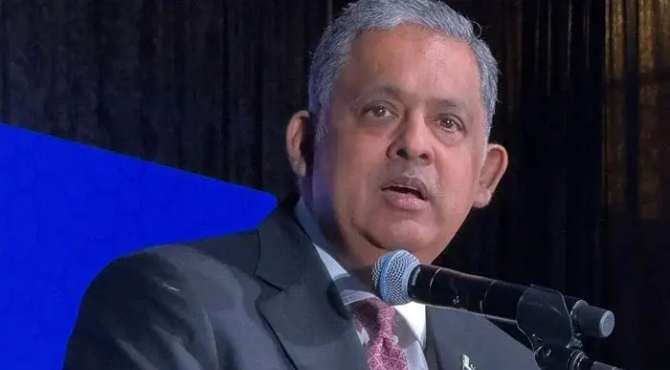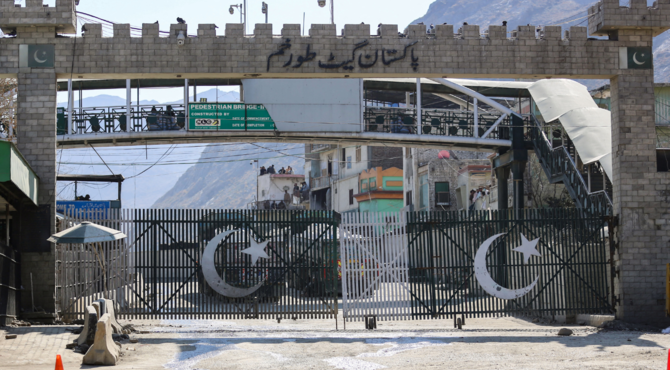LAHORE(National times)- Chairman Dunya Media Group, Mian Amer Mahmood on Thursday said that whenever democracy returns to the country, local governments are dissolved, adding that Pakistan has rarely witnessed a functioning local government system. Speaking at a ceremony at the University of Central Punjab, Lahore, he noted that governance in all countries operates at federal, provincial, and local levels, but unfortunately, Pakistan has seen very little of the local level system. He said that a nation is built on seven fundamental pillars, and Pakistan’s four provinces are part of that structure. Referring to a World Bank report on Pakistan’s 100-year outlook, he said the biggest challenges ahead will be weak institutions, which hinder progress and foster corruption instead of reducing it. Mahmood pointed out that Pakistan has established only five capital cities in 78 years. “We all know the condition of Karachi,” he said. “If you travel beyond Karachi, most of Sindh looks like a vast slum. Faisalabad, Pakistan’s third-largest city, lacks proper hospitals and schools.” The chairman of Dunya Media Group added that migration to Lahore and other major capitals is increasing rapidly. “Lahore’s population grows every year, but its development has not kept pace,” he remarked. He further explained that China has 31 provinces, while India, which gained independence alongside Pakistan, expanded from 9 to 38 states. Indonesia, with a population similar to Pakistan’s, has 34 provinces, Nigeria has 27, and Brazil 36. Bangladesh, he added, has empowered its governance at the district level, while Russia has 46 and Mexico 31 provinces. “The rest of the world is moving forward through decentralisation,” he concluded, “but we in Pakistan seem to be going in the opposite direction.” The chairman Dunya Media Group said that when Pakistan conducted its first population census, the country’s population was 35 million, whereas today it exceeds 250 million. “At the time of the first census, Pakistan had four provinces — and even today, there are still only four,” he remarked. He noted that Punjab’s population was only 20 million at that time, roughly the size of today’s Lahore, but now Punjab’s population has reached 130 million. “If Punjab were a separate country, only 12 nations in the world would be larger. Punjab alone could stand among the world’s biggest countries,” he said. He added that if Sindh were a country, 31 countries would be larger than it; if Khyber Pakhtunkhwa were a country, 41 nations would surpass it in size; and 172 countries across the world have an area smaller than Balochistan. He emphasised that Pakistan’s management system is deeply flawed and that its consequences are visible in global rankings. “In the Sustainable Development Goals Index, Pakistan ranks 140th out of 167 countries. In the Human Development Index, we stand at 168th, and in the Rule of Law Index, Pakistan ranks 129th out of 142 nations.” Highlighting the social crisis, he said, “In the Global Hunger Index, Pakistan is ranked 109th. Around 44 percent of our children suffer from stunted growth, and in 15 years, half of our population will consist of people affected by it.” He further revealed that 25 million children in Pakistan are out of school, while India has only around two million — possibly even fewer. “I am saying this not for criticism, but for improvement,” he concluded. “Everyone must reflect on how we can work together to solve these problems.”
Mian Amer Mahmood stresses need to devolve power by creating more provinces
